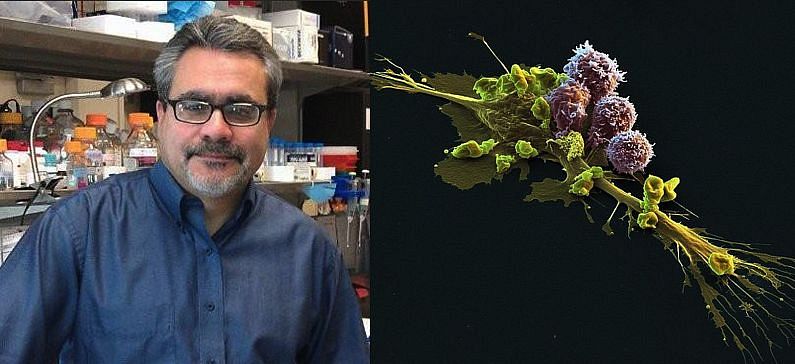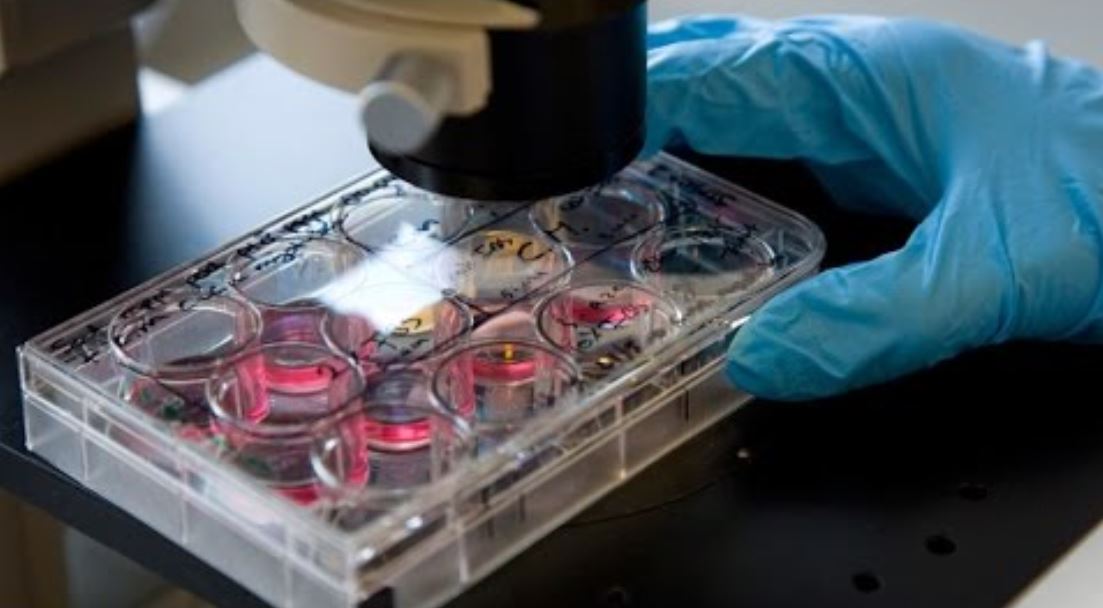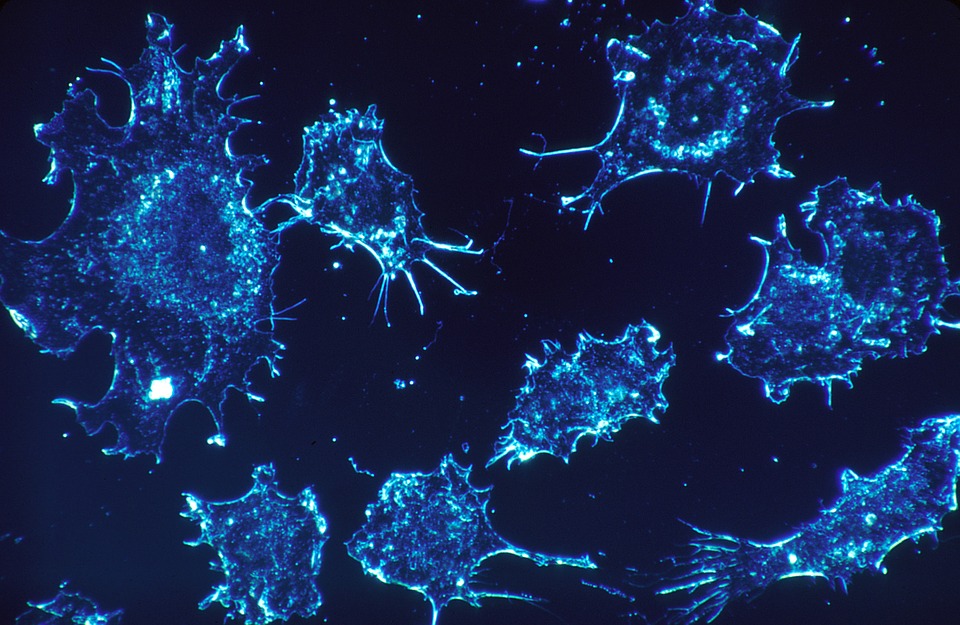
The Greek researcher of cancer biology
Dr. Costas Koumenis is a professor of Radio-biology and Radio-oncology, a researcher in the field of cancer biology, research director and co-president of the Department of Radiation Oncology at the University of Pennsylvania Medical School in Philadelphia, USA.
After graduating from the Pharmaceutical School of the Aristotle University of Thessaloniki in 1989, he decided to continue his studies in the United States of America and in 1994 he completed his Doctorate in Biochemistry at Houston University. He then completed the Postdoctoral Program at the Department of Radio-biology and Cancer Biology at Stanford University, California.
In July 2012, he was appointed as Director of the Research Division and Vice-Chair of the Department of Radiation Oncology. The Division engaged in research on the tumor micro-environment, study of the interactions between radiation and tumor as well as normal tissues (including the immune system) and photo-dynamic therapy.
Dr. Costas Koumenis stated to newspaper Kathimerini that “it is a good thing to be Greek today. Even in today’s difficult circumstances, most people I meet abroad when they learn that I am Greek express their admiration for our culture, describe their wonderful memories of their trip to Greece or their desire to visit it “.
His research interests are primarily focused on the study of the tumor micro-environment with particular emphasis on the effect of hypoxia and nutrient stress on tumor progression, metastasis and resistance to therapy.
His group was the first to demonstrate that hypoxia activates the Unfolded Protein Response (UPR) and Integrated Stress Response (ISR), which adapts cells to endoplasmic reticulum (ER) and nutrient stress.
Inactivation of the UPR/ISR, impair cell survival under hypoxia or nutrient deprivation and result in reduced tumor growth in animal models, including lymphomas, colorectal cancer and sarcomas. More recently, Dr. Koumenis’ team have also reported that the proto oncogene c-Myc can induce cell-autonomous ER stress and that lymphomas with activated Myc rely on active UPR for survival.
“For the Greek who is abroad, with the legacy of a rich history and timeless language, each person sculpts his identity and processes it with elements that he derives from his experience, in order to make the one that best expresses him in modern world” Mr. Koumenis said.
Their research has been continuously funded by the NIH in the last 18 years, and they have published extensively in the above mentioned fields. Since 2009 he has also been serving as the co-leader of the Radiobiology & Imaging Program of the Abramson Comprehensive Cancer Center at the Univ. of Pennsylvania, which currently has 35 members.
The goal of this program is to bring together scientists from diverse fields such as Radiation Biology, Molecular Imaging and Bioengineering to develop innovative, translationally-focused research efforts to enhance radiotherapy and patient outcomes.















